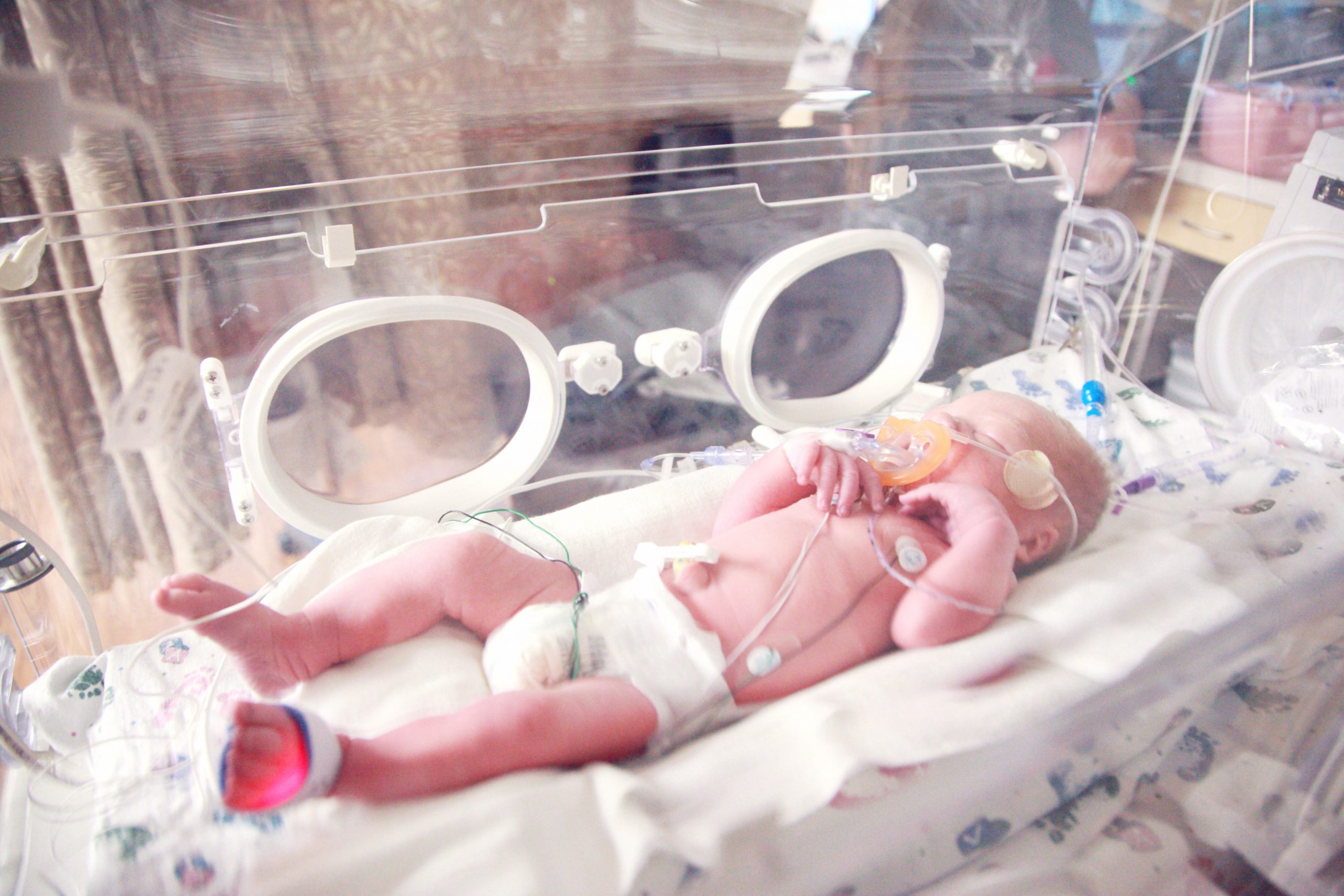Thousands of parents whose babies require specialist care after birth will be able to take additional paid time off work, under new legislation backed by the government. A baby who is born prematurely or sick will receive neonatal care in hospital or another agreed care setting – often for a prolonged period of time. This can put parents in a difficult position of having to use their existing leave entitlements to be by their baby’s side, or worse, having to return to work while their baby is still receiving hospital care.
Once in law, neonatal care leave will be available to employees from their first day in a new job and will apply to parents of babies who are admitted into hospital up to the age of 28 days, and who have a continuous stay in hospital of 7 full days or more.
The reforms will be a huge boost for parents across the UK, with up to 12 weeks of paid leave for each parent. Mothers of children who have an extended stay in hospital at the start of their lives often find that 39 weeks of paid maternity leave does not give them enough time with their loved one before they need to go back to work.
Similarly, the change in law will ensure fathers and partners have the flexibility to share caring responsibilities by increasing the amount of paid leave they can access beyond the usual 2 weeks of paternity leave. It will also fit alongside Shared Parental Leave, and the flexibility that this provides, which will mean both parents feel able to prioritise their child, and family, in that precious time after birth.
Neonatal care leave will be paid if the parents meet certain conditions regarding continuity of service and minimum earnings.
This provides summary information and comment on the subject areas covered. Where employment tribunal and appellate court cases are reported, the information does not set out all of the facts, the legal arguments presented and the judgments made in every aspect of the case. Employment law is subject to constant change either by statute or by interpretation by the courts. While every care has been taken in compiling this information, we cannot be held responsible for any errors or omissions. Specialist legal advice must be taken on any legal issues that may arise before embarking upon any formal course of action.







